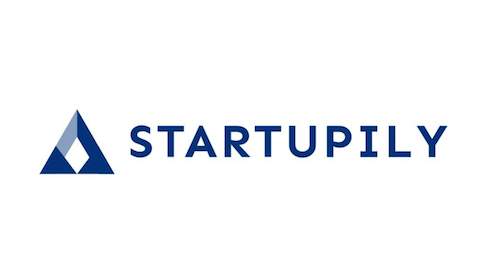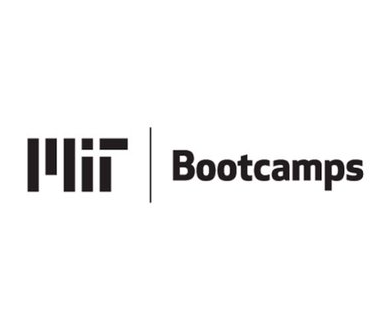Introduce yourself and tell us about MIT BootCamps?
I am Erdin Beshimov, Founder of MIT Bootcamps. We’re an educational program at MIT for entrepreneurs from around the world. As a startup venture within MIT, we’re an example of corporate innovation.
In addition to MIT Bootcamps, I have co-founded Ubiquitous Energy, Inc., a solar tech company, and the MITx MicroMasters Program, a digital credentialing initiative.
What problem is MIT BootCamps solving?
MIT Bootcamps is solving a very specific problem for aspiring entrepreneurs. A lot of people in the world have dreams of being entrepreneurs. They imagine a better future for themselves. This is very good.
But very few people get exposure to entrepreneurship through education, experience, or mentorship. So aspiring entrepreneurs often don’t know where to start. Skills that are simple for experienced entrepreneurs are often very difficult, even mysterious, for those starting out.
So we study accomplished entrepreneurs and break down their mindsets, behaviors, and actions into concrete, foundational skills that we teach and coach around at the Bootcamp.
We want to give people the magical feeling of leading innovation.
Are there particular aspects of entrepreneurship in education that make it different?
Yes, I would say so. First and foremost, in education–or specifically in initiatives that focus on teaching–your customer is your student. This means that you cannot be transactional and your focus always has to be on the long term.
You see, your student might be “purchasing” your teaching to solve a functional need. For example, a need to learn how to cold-call prospective customers or a need to learn how to make an elevator pitch. But the student is driven to those knowledge needs by the underlying factors that are deeply emotional: to feel a little bit more confident, to gain a bit more self-esteem, to make one’s parents proud. These are precious and sensitive matters, and one must always keep that in the back of one’s mind and treat the “customer” with genuine respect and emotional care.”
So, while education may be delivered in the form of a product, in the truest sense it is always service.
What makes MIT a special place for innovation, including in the field of education?
MIT epitomizes a very interesting duality that I believe is instrumental to innovation. It is both confident and humble. People at MIT are confident in their abilities, or at least in their ability to acquire those abilities. But they are also humble and they understand that the world is very complex, so one ought to proceed with care. People at MIT aren’t measured by their IQ scores, even though it would seem so. They are measured by the challenges that they undertake and the irreverent creativity and chutzpah with which they do so.
So I think this interaction between the polarities of irreverence and thoughtfulness creates real creative energy and fuels innovation.
Now speaking about educational innovation, MIT is dedicated to advancing and applying the science of learning. And it also very deeply believes in its mission of improving the world through science, ideas, and knowledge. This combines very well with the general creative energy inherent on campus and is the reason MIT has done so many interesting things in educational innovation.
What’s your best advice for new entrepreneurs?
Think of knowledge through the lens of compounding. Every piece of learning you add amplifies your ability to make an impact not linearly, but exponentially. People, in general, have a difficult time grasping the concept of compounding. This prevents them from truly sensing how powerfully they all can better and transform themselves over the long term. So focus on learning over the long term. Entrepreneurship, at its heart, is a learning process.
Share your favourite quote with us?
I’ll share a couple.
“From afar every galaxy looks like a star.” This is a quote by my mentor at MIT, Sanjay Sarma. It’s a good reminder that there is always a bit more to things than it seems.
“There is nothing more powerful than an idea whose time has come.” I first heard it from my friend and colleague, Brian Subirana, and have liked it ever since.
Contact Details
About Erdin: https://openlearning.mit.edu/about/our-team/erdin-beshimov
MIT Bootcamps: Website
https://twitter.com/mitbootcamps |
https://www.youtube.com/MITBootcamps
Check out Erdin Beshimov’s MOOCs on innovation and entrepreneurship: https://www.edx.org/bio/erdin-beshimov
- Why Your Startup Should Start as It Means to Go On
- Empower Your Business with GridPanel Comprehensive Web Scraping Solutions
- Understanding the Role of Elastic Fibers in Modern Fabrics
- Cyber Defenders: A Look at the Global Cybersecurity Industry
- Elevate Your Business with Strategies from an Entrepreneur Author




